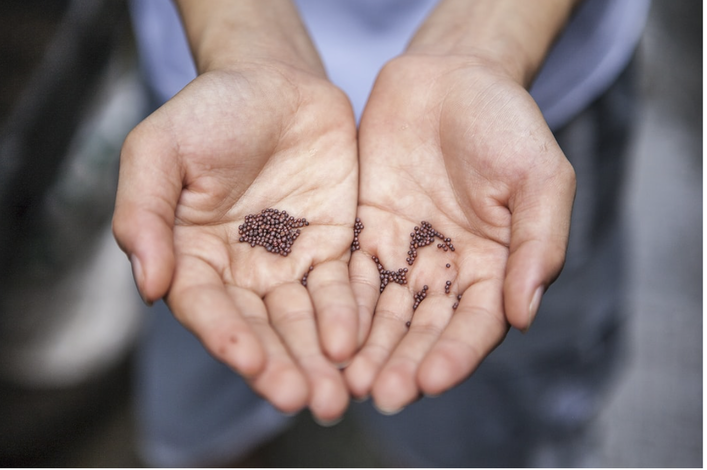|
Forgiveness can be a tricky topic, especially when people are chronically mistreating us without any signs of remorse, repentance or change. However—and as always—Jesus shows us the way. A good example what forgiveness is—and what it isn’t—can be found in the example of a someone who uses emotional manipulation as a means of control, yet who also professes to be a Christian. Such a person may claim: “Jesus said you have to forgive me, no matter how many times I mess up. I can do what I want, as long as I tell you I’m sorry afterward. And you have to forgive.” This type of person uses a deliberate misinterpretation of Sacred Scripture as an excuse to continue their toxic behaviors.
0 Comments
It’s sad, and painful, yet it’s also true: a trauma bond is not authentic love. Authentic love is positive and transforming; a trauma bond is weakening, depleting, and confusing. Yet that’s often not how it feels, at least when in the love-bombing phase of the abuse cycle. Excitement, giddy exhilaration, clinging attachment to regain a sense of safety, “soul mate” obsessions—these are all the hallmarks of a trauma bond, and they all mimic feelings of love. A trauma bond is formed by the intermittent reinforcement inherent in abusive relationships. After being verbally battered, psychologically manipulated, emotionally attacked, or physically threatened, a victim of intimate partner violence is left feeling crumpled and broken. Often the silent treatment follows an abusive tirade, adding more pain and confusion to the swelter of trauma already swirling through the body, mind, and spirit of a victim. And then the wheel revolves once again. Oh, blessed relief! Kindness has returned to the relationship. He’s being loving again, perhaps bringing home flowers or other gifts, maybe even apologizing for his behavior. The relationship begins to feel “normal.”
In this article, I explain how a victim’s attachment style, formed in childhood, may play a prominent role in the development of the trauma bond. An abuser won’t exchange vulnerable intimacy for vulnerable intimacy. There’s no dance of mutual self-giving in an abusive relationship. He may share some things about himself, but when you really think about what he said, likely you’ll come to realize his words had no depth.
Even though, during the love-bombing stages of the relationship, he seemed to be sharing pieces of his soul, he wasn’t. He was sharing fluff, half-truths, and speaking words he knew you wanted to hear—all in an effort to draw you closer to him in an emotional bond. |
AuthorJenny duBay, Trauma-Informed Christian life coach specializing in healing from betrayal trauma and domestic abuse. |





